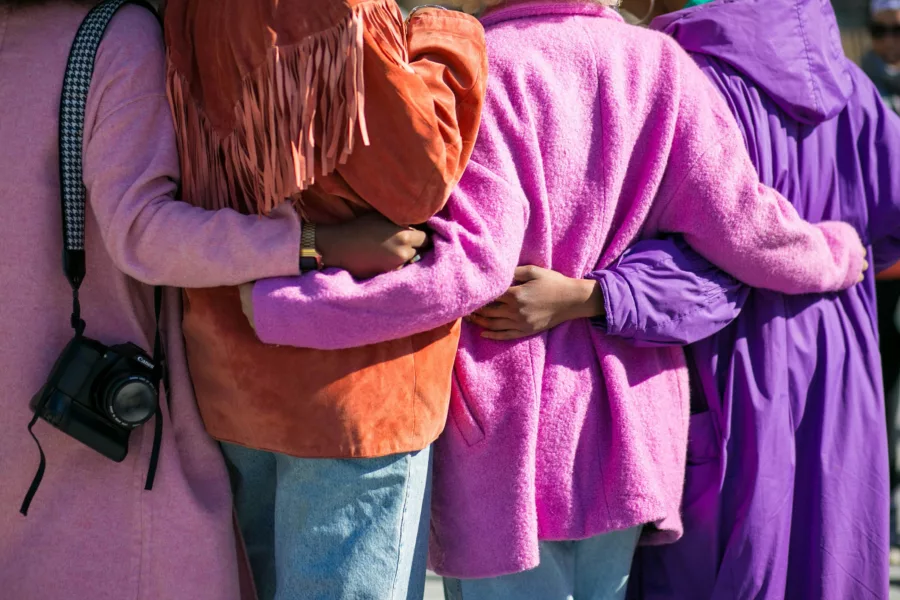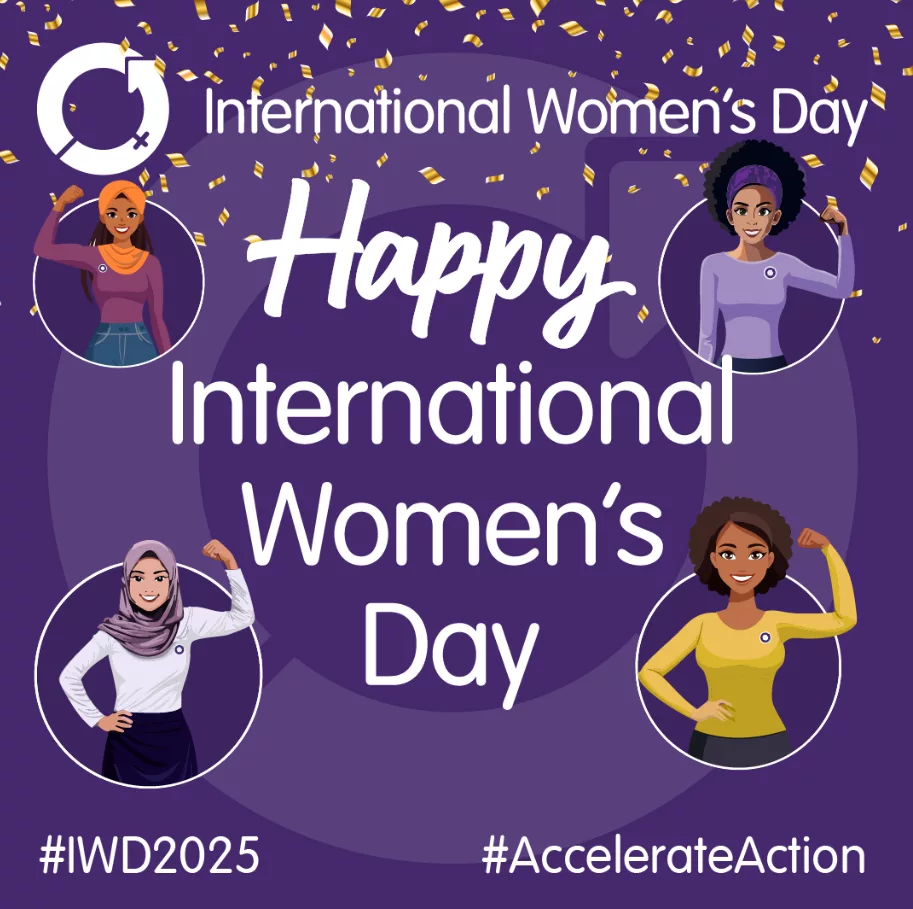What progress has been made on women’s rights around the world? What areas still need to be addressed? And how is the Anglican Alliance equipping churches to respond to gender inequality? In this blog to mark International Women’s Day, Mandy Marshall, the Anglican Alliance’s Director for Gender Justice, reflects on these questions.
International Women’s Day, March 8th, is an annual opportunity to draw attention to the global status of women and the progress the world is making towards the full equality of women and men. And yes, there is an International Men’s Day. It’s on November 19th.
This year, the focus is on women’s rights – the progress that has been and the work still to be done.
Thirty years ago, many countries around the world signed the Beijing Declaration and Platform for Action on women’s rights. This is the reference document and basis on which countries have moved towards greater equality between women and men in all areas of life. This year, the UN Secretary General has published a report outlining the progress made since the Beijing Declaration and Platform for Action.
There are 12 focal areas in the Beijing Platform for Action. These are:
- Women and poverty
- Education and training of women
- Women and health
- Ending violence against women
- Women and armed conflict
- Women and the economy
- Women in power and decision-making
- Institutional mechanisms (governments, agencies, laws etc.)
- Human rights of women
- Women and the media
- Women and the environment
- The girl child
Much of the above is also contained in the Sustainable Development Goals, which only have five years left to be reached. They also reflect the Anglican Communion’s Fourth Mark of Mission, which is “To transform unjust structures of society, to challenge violence of every kind and pursue peace and reconciliation”.
UN Women reports that:
- For 89 per cent of governments, ending violence against women is a top priority today, and 193 countries have legal measures against it.
- Countries with domestic violence laws have seen fewer cases of violence against women.
- Most of the world has reached parity in education.
- There are 112 countries with a national plan to engage women in peace and security processes – a significant increase from 19 countries in 2010.
There is, however, so much more that needs to be done to secure full equality between women and men. Here are some areas where we still need to see accelerated action to achieve equality:
- Women still generally earn 20% less than men for the same job (ILO 2024).
- Less than 15% of land owners are women (World Bank 2019).
- Between 1990 and 2019 women made up 2% of mediators, 5% of witnesses and signatories, and 8% of negotiators in major peace processes worldwide (Council of Foreign Relations, 2019). When women are involved in negotiations, the probability of a peace agreement lasting at least two years is increased by 20 per cent, and 15 years by 35 per cent (Preventing Conflict, Transforming Justice, and Securing the Peace: A Global Study on Implementation of Security Council Resolution 1325, 2015).
- Around 650 million women across the globe were married before the age of 18 (Unicef, 2018).
- Over 200 million women and girls in 30 countries have undergone female genital mutilation (Unicef, 2016).
- 1 in 5 female refugees and internally displaced people (someone who is forced to leave their home but remains in their country) have experienced sexual violence in countries affected by conflict (OCHA, 2016).
- 14% of countries do not criminalise marital rape (UN Women 2024).
- 54% of countries lack laws that define rape on the principle of consent (UN Women 2024).
- 1 in 3 women globally will be abused in her lifetime.

Poverty is still a woman’s face. Boys are still prioritized over girls for food and education in some cultures. There is still a lack of access, affordability and availability of healthcare for women, especially in maternal health.
There is hope.
The Anglican Alliance works with churches around the world bringing hope and light into the dark places. The Agents of Change programme enables churches to transform situations for themselves and highlight areas of injustice and need for change. The Anglican Communion Youth Network (ACYN) is being trained and mentored on gender justice issues and raising their voices for change; this week ACYN members are part of the Anglican Communion’s delegation at the UN Commission on the Status of Women. Many churches work on preventing and ending gender based violence and some offer safe houses and support especially to women fleeing abuse.
Churches of the Anglican Communion, at their best, show the love of Christ in practical ways as well as offering spiritual nurture. As Jesus welcomed women into his group of followers and was financially supported by women, let us reaffirm our commitment to outworking the Fourth Mark of Mission and support the equality of women and girls to enable them to reach their full potential in life and to flourish into all that God created them to be.
Mandy Marshall
Director for Gender Justice

